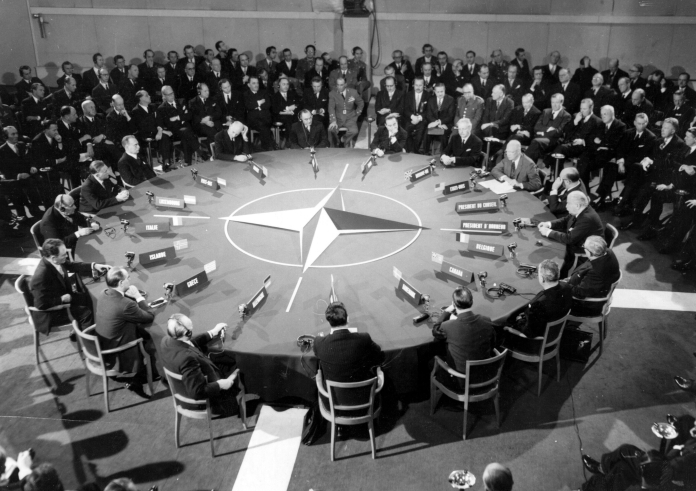During a Senate Armed Services Committee hearing, Chairman of the Joint Chiefs of Staff Mark A. Milley declared the American war in Afghanistan as a "strategic failure," bluntly acknowledging a string of mistakes and miscalculations by Pentagon leaders.
Milley highlighted that "the enemy is in charge in Kabul," indicating a dire situation that cannot be sugar-coated. Defense Secretary Lloyd J. Austin III and Gen. Kenneth F. McKenzie Jr., who oversaw recent operations in Afghanistan, also testified, unraveling layers of errors made during the longest war in U.S. history.
The Pentagon leaders admitted to over-reliance on advanced technology in training Afghan forces, underestimating local corruption, and failing to anticipate the severe demoralization of the Afghan government post-U.S. withdrawal. These missteps, they explained, facilitated the swift return of the Taliban to power, catching U.S. officials off guard.
Milley characterized intelligence reports suggesting Afghan forces could withstand longer as "a swing and a miss."
The decision to withdraw was initially made by President Trump, whose administration struck an agreement with the Taliban for a U.S. troop withdrawal by May 1. President Biden later opted to proceed with the withdrawal, extending the deadline to August 31, deeming it futile to support the Afghan government.
However, testimony from Tuesday contradicted Biden's assertion that military leaders did not recommend leaving troops in Afghanistan. Gen. McKenzie disclosed that he supported maintaining 2,500 service members, echoing a recommendation from Army Gen. Austin "Scott" Miller. McKenzie further expressed his belief that a complete troop withdrawal would inevitably lead to the collapse of Afghan military forces and the government.
This public airing of disagreements between the president and military leaders is likely to have significant repercussions in Washington as Biden grapples with the political fallout from the tumultuous and deadly withdrawal from Afghanistan.

















